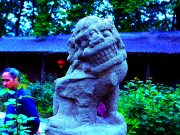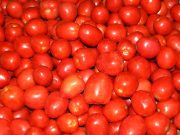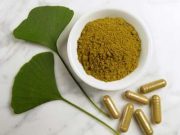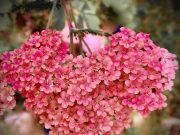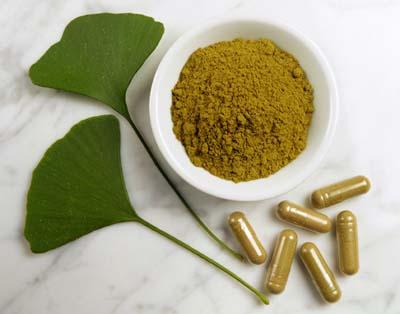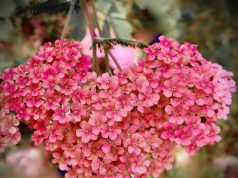In a world where the pace of life often leaves us feeling disconnected and overwhelmed, turning to nature for solace and healing offers a gentle reminder of the restorative power inherent in the world around us. “” invites you on a journey back to the roots of natural medicine, where the whispers of ancient wisdom blend seamlessly with modern understanding. This guide seeks to empower you with knowledge about the profound benefits of herbal remedies, offering a compassionate path to well-being that harmonizes with the rhythms of the earth. Whether you are new to herbal healing or seeking to deepen your connection with these time-honored practices, this exploration is designed to nurture your curiosity and support your health with empathy and care.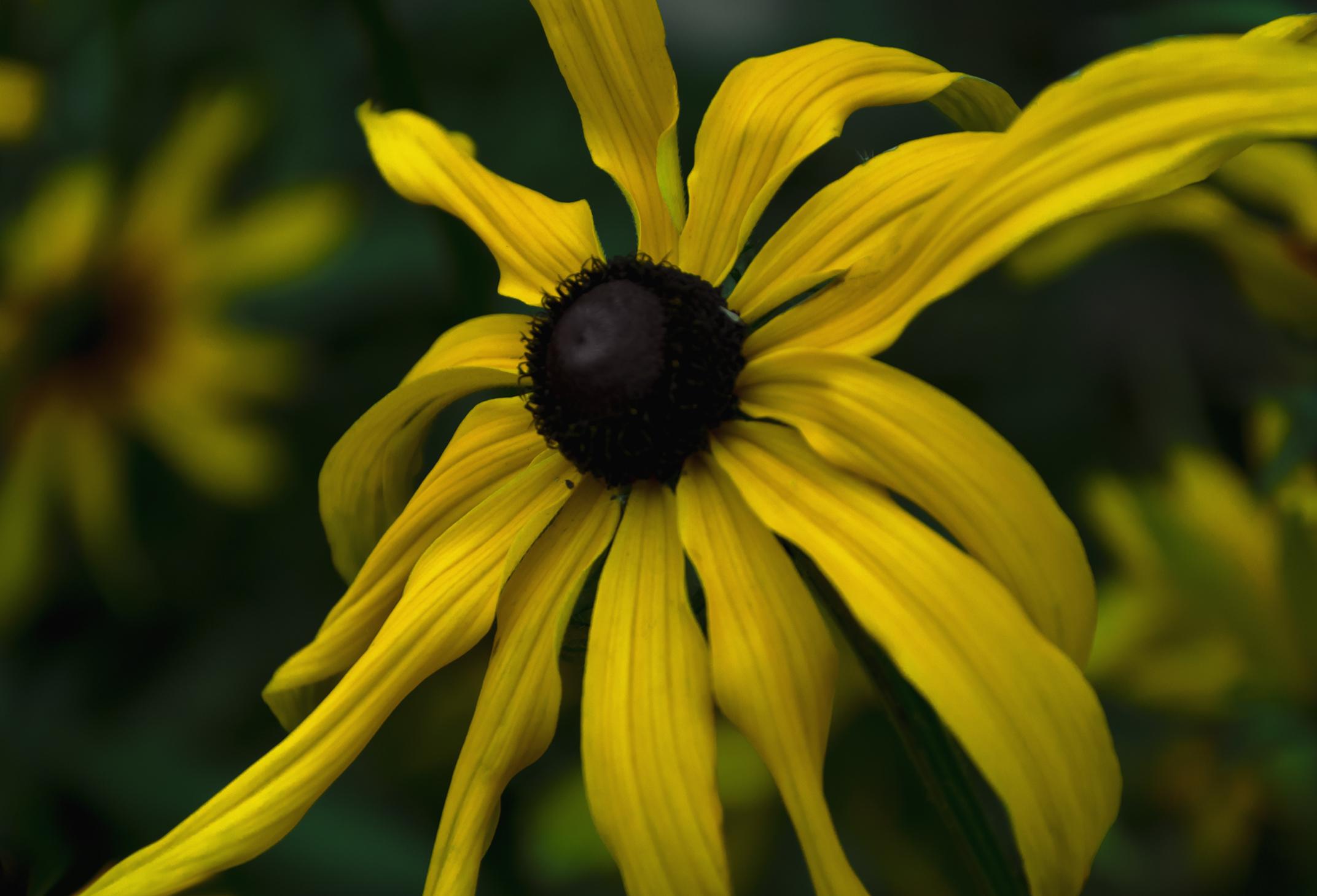
Understanding the Power of Plants: A Journey into Herbal Healing
In a world where modern medicine often takes center stage, the ancient art of herbal healing offers a gentle yet profound alternative. The secret to unlocking the potential of plants lies in understanding their unique properties and how they interact with the human body. Herbal remedies have been used for centuries across different cultures, offering a natural path to wellness that aligns with the body’s innate ability to heal.
Embracing the power of plants means tapping into a diverse range of benefits, including:
- Anti-inflammatory properties: Many herbs, such as turmeric and ginger, can help reduce inflammation, providing relief for conditions like arthritis and muscle pain.
- Boosting immunity: Herbs like echinacea and elderberry are renowned for their ability to enhance the body’s immune response, helping to fend off illnesses.
- Stress relief: The calming effects of chamomile and lavender are perfect for reducing anxiety and promoting relaxation.
By incorporating these natural remedies into your lifestyle, you not only support your physical health but also nurture a deeper connection with nature. It’s about learning to listen to what your body needs and trusting in the gentle, yet powerful, healing properties of plants. As you embark on this journey, remember that each herb carries its own story and set of benefits, waiting to be discovered and embraced.
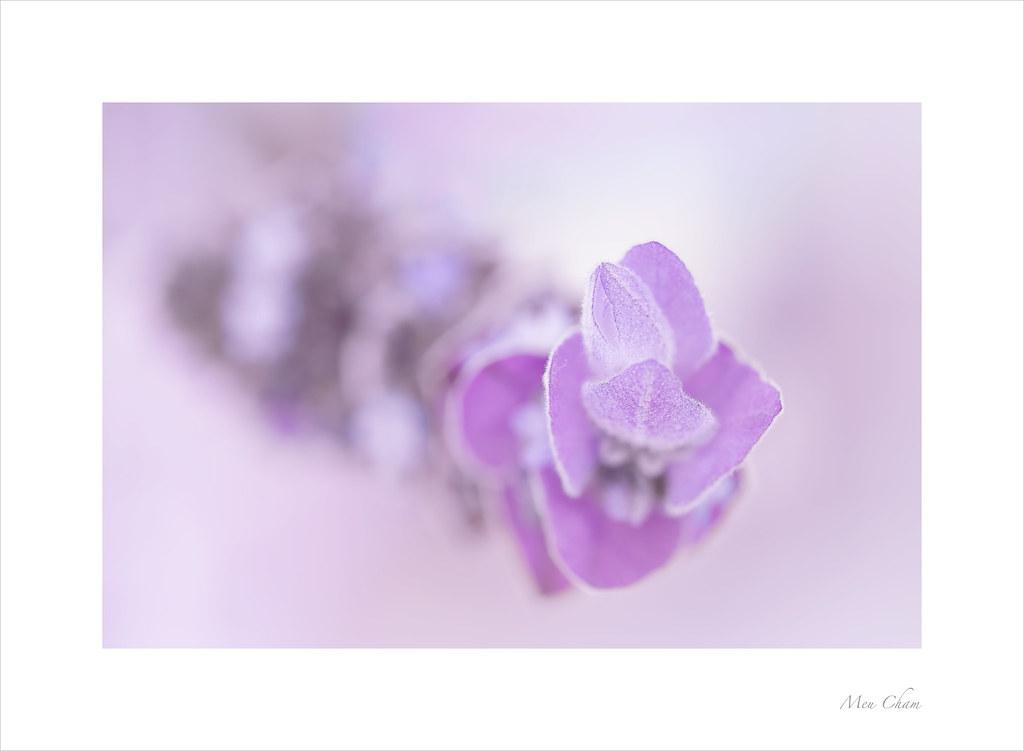
Choosing the Right Herbs for Your Health: Personalized Recommendations
Understanding which herbs align with your unique health needs can transform your wellness journey. Each herb carries its own set of healing properties, and when chosen wisely, they can support your body’s natural healing processes. Here are some personalized recommendations to consider:
- Chamomile: Ideal for those who struggle with anxiety and insomnia, chamomile is known for its calming effects. It can also aid digestion and reduce inflammation.
- Turmeric: With its potent anti-inflammatory and antioxidant properties, turmeric is perfect for individuals dealing with joint pain or looking to boost their immune system.
- Ginger: If you’re prone to nausea or digestive issues, ginger can be a soothing ally. Its warming properties can also help improve circulation.
- Echinacea: Often used to fend off colds and flu, echinacea is beneficial for boosting your immune system, making it a go-to during the cold season.
- Lavender: Known for its relaxing aroma, lavender is excellent for stress relief and can also help with headaches and skin irritations.
Consulting a healthcare professional before incorporating any new herbs into your routine is crucial, especially if you have underlying health conditions or are taking other medications. Remember, the journey to better health is personal, and embracing nature’s remedies can be a powerful step towards holistic well-being.
Crafting Your Own Herbal Remedies: A Step-by-Step Guide
In a world brimming with synthetic solutions, there’s a profound comfort in turning to the earth’s natural offerings. Crafting your own herbal remedies is not only a journey of healing but also a reconnection with the wisdom of ancient traditions. Begin this transformative adventure by familiarizing yourself with the basics of herbalism. Equip your home apothecary with a few essential tools:
- Mortar and pestle: Perfect for grinding herbs to release their natural oils.
- Glass jars: Store your creations in airtight containers to maintain their potency.
- Cheesecloth or strainer: Essential for filtering out plant material from your infusions.
Understanding the properties of different herbs is crucial. For instance, chamomile is renowned for its calming effects, while ginger can invigorate and warm the body. To create a simple herbal infusion, start by boiling water and pouring it over your chosen dried herbs. Allow them to steep for about 10-15 minutes, depending on the desired strength. Strain the liquid into a cup, and your soothing drink is ready to enjoy. Remember, each herb carries its own story and healing properties, so take the time to explore and experiment. By doing so, you’ll not only craft effective remedies but also deepen your relationship with nature’s bountiful gifts.
Embracing a Holistic Lifestyle: Integrating Herbal Wisdom into Daily Life
Integrating the ancient art of herbal wisdom into our modern lives can offer profound benefits for both body and mind. By turning to nature’s pharmacy, we can address everyday health concerns and promote overall well-being. Begin by exploring the use of herbal teas, which can soothe, energize, or even detoxify your system. Chamomile, for example, is renowned for its calming properties, making it a perfect evening ritual to unwind after a long day.
- Chamomile: Helps with relaxation and sleep.
- Peppermint: Aids digestion and refreshes the senses.
- Ginger: Reduces inflammation and boosts immunity.
Herbal remedies also offer an opportunity to connect more deeply with nature. Cultivate a small herb garden, even if it’s just a few pots on a windowsill, and experience the joy of growing your own remedies. Lavender can be used for its soothing scent, while rosemary can enhance memory and concentration. By integrating these practices into your daily routine, you not only support your health but also cultivate a lifestyle that honors and respects the natural world.







